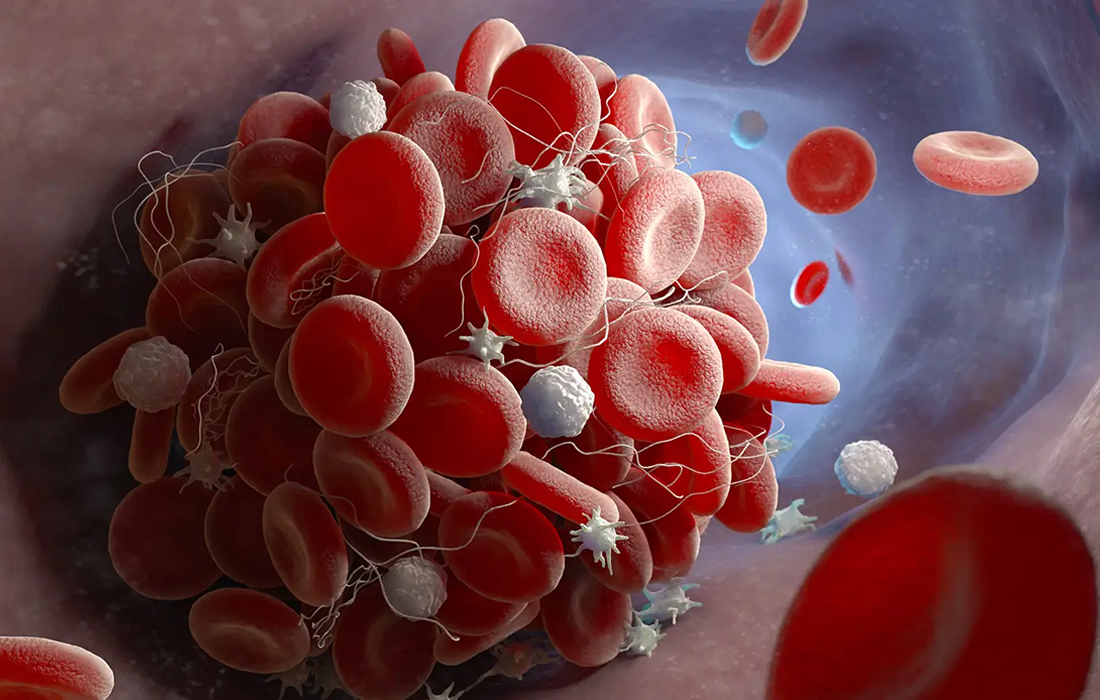Regenerative Medicine News and General Information
Study Found New Role For Platelets Boosting Neurogenesis
A new study from a team of Australian and German researchers has uncovered one mechanism that explains how exercise boosts neurogenesis in mice: the activity causes platelets circulating in the blood to release factors that can boost the growth of neural precursor cells in the hippocampus. The research was published in the journal Stem Cell Reports.
According to Vince Tropepe, a neurogenesis researcher at the University of Toronto and who was not involved in the study: “We all know about the positive effect of exercise on the brain and other organ systems, but what the actual mechanism is to promote new neuron production is still a bit of a mystery.” “This paper is quite interesting in that they’ve identified a player, these platelets and platelet-derived factors that are circulating in the blood after exercise, that might be a mediator of this effect.”
The researchers came to this conclusion through a series of experiments comparing mice that had access to a running wheel for four days with control mice that didn’t. Lab mice voluntarily run up to 10 kilometers per night, “equivalent to us running more than a marathon a day,” explains coauthor Tara Walker, a senior research associate at the Queensland Brain Institute.
They used mass spectrometry to screen for proteins in blood plasma extracted from the running mice and identified nearly 40 compared to control mice. They also found 3 biological pathways these proteins are involved in, which were all related to platelet function.
To see if platelets and the proteins can boost neurogenesis, the team extracted stem cells from the mouse hippocampal dentate gyrus. They found that activated platelets and Platelet factor-4 (PF4) promote neuronal differentiation.
They also injected anti-platelet serum into mice that had access to a running wheel in order to reduce their platelet count and found that the animal showed no increase in neural precursor cells.
The researchers said that their results demonstrate how versatile platelets are, because originally they were thought to only be involved in clot formation and they seem to have many alternative functions beyond that. Their findings demonstrated that platelets and their released factors can modulate adult neural precursor cells under physiological conditions and provide a link between exercise induced platelet activation and the modulation of neurogenesis after exercise.
Sources:
Katarina Zimmer. (2019, Mar 21). A New Role for Platelets: Boosting Neurogenesis After Exercise. The Scientist. Retrieved from:
https://www.the-scientist.com/news-opinion/a-new-role-for-platelets–boosting-neurogenesis-after-exercise–65630
Leiter O, Seidemann S, Overall RW, et al. Exercise-Induced Activated Platelets Increase Adult Hippocampal Precursor Proliferation and Promote Neuronal Differentiation. Stem Cell Reports. 2019;12(4):667-679. doi:10.1016/j.stemcr.2019.02.009
Image from:
https://www.medpagetoday.com/special-reports/exclusives/92243

